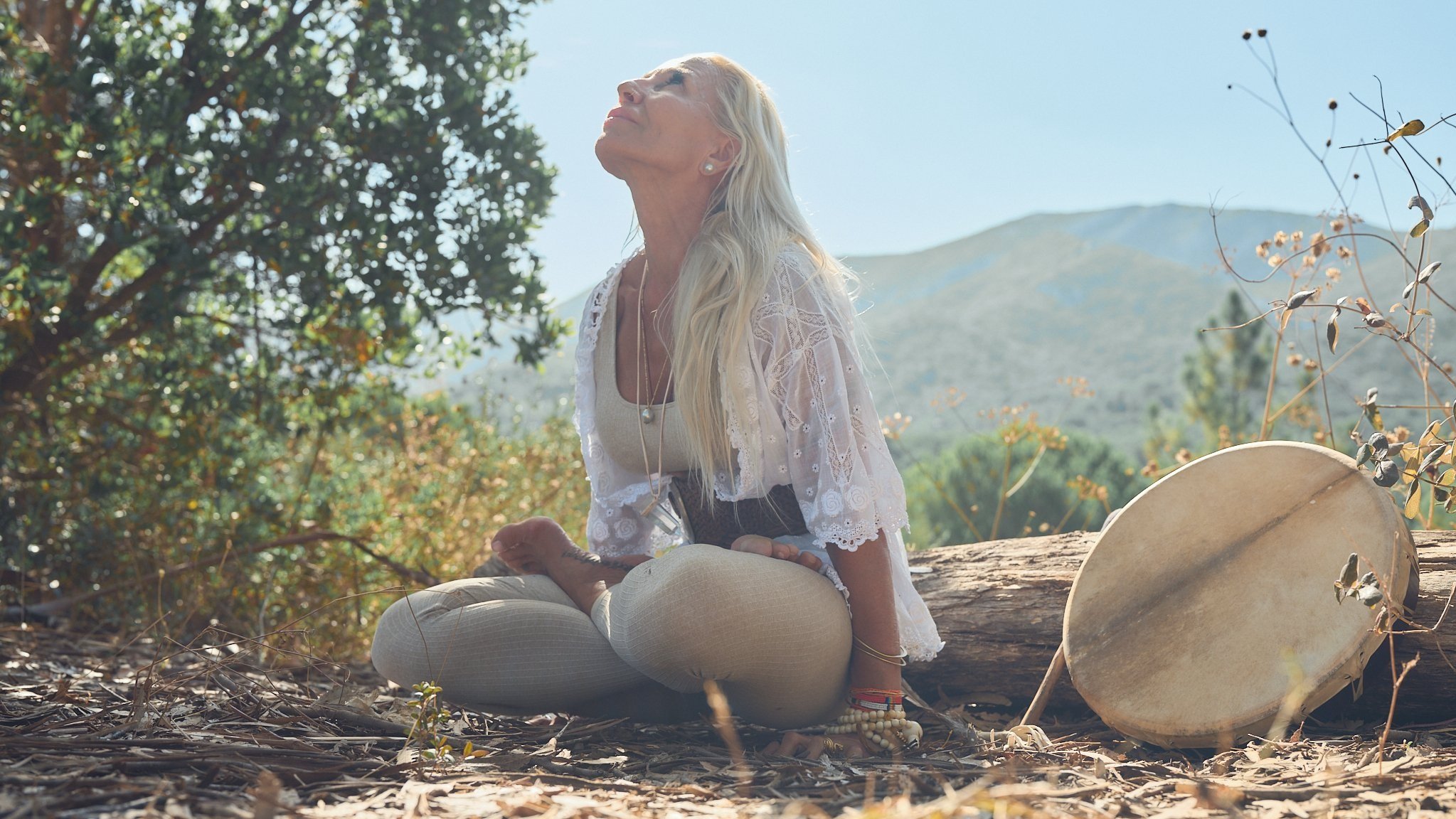Yoga and Ayurveda for Day-to-Day Balance
Finding balance in today’s chaotic world can feel challenging. But Ayurveda—the ancient science of life—and yoga offer practical ways to maintain physical, mental, and emotional well-being. These time-tested practices emphasize harmony between the body, mind, and environment, helping us navigate daily life with more ease and vitality.
At the heart of Ayurveda lies a profound understanding of how our bodies are nourished and sustained. One key concept is the Seven Dhatus—the vital tissues that form the foundation of our health. When these tissues are strong and balanced, we feel energized and resilient. But when they are weakened or out of sync, we may experience fatigue, poor digestion, or emotional imbalance.
Let's break down this concept in a simple, easy-to-understand way and explore how yoga and Ayurveda can support balance in your everyday life.
At VEDA Wellness Retreats, we make use of Ayurveda and yoga as tools for transformation. We advocate for a simple practice that supports holistic well-being.
Understanding the Seven Dhatus: The Building Blocks of Your Body
According to Ayurveda, everything we eat nourishes and builds our body. This process happens in stages, forming seven layers of vital tissues, known as dhatus. Each layer has a specific function and supports our overall health.
Here are the seven dhatus and their roles:
Plasma (Rasa Dhatu) – Provides hydration and nourishes all other tissues.
Blood (Rakta Dhatu) – Delivers oxygen and essential nutrients.
Muscle (Mamsa Dhatu) – Supports physical strength and movement.
Fat (Meda Dhatu) – Stores energy and lubricates the body.
Bone (Asthi Dhatu) – Provides structure and protects vital organs.
Bone Marrow & Nerves (Majja Dhatu) – Supports the nervous system and immunity.
Reproductive Tissue (Shukra Dhatu) – Governs fertility and creative energy.
Each layer builds upon the one before it. So, if the first layer (plasma) is weak or imbalanced, it affects everything that follows. This is why good digestion and a nourishing diet are so essential for overall health.
Therese, founder of VEDA is an ayurvedic expert with decades of experience.
Signs of Imbalance in the Dhatus
When the dhatus are balanced, we feel energized, focused, and healthy. But life's stresses—poor diet, lack of rest, and emotional strain—can disrupt this harmony. Here's how imbalances might show up:
When Dhatus Are Depleted (Kshaya):
Fatigue and weakness
Anxiety or restlessness
Digestive issues (like constipation or bloating)
Hormonal imbalances
Common Causes of Depletion:
Over-exercising or working too hard
Poor sleep or insomnia
Emotional stress, worry, and grief
Excessive fasting or restrictive diets
When Dhatus Are in Excess (Vriddhi):
Weight gain or heaviness
Inflammation or joint stiffness
Emotional sluggishness or mental fog
Common Causes of Excess:
Poor digestion (weak agni, or digestive fire)
Blockages or stagnation in the body
Lack of physical activity
Our Retreats…
At VEDA, we run various retreats where we incorporate all the knowledge and tradition of yoga and Ayurveda tu support your body, mind, and spirit.
Find out here.
How Yoga and Ayurveda Restore Balance
The good news? You can bring your dhatus back into balance with simple Ayurvedic practices and regular yoga. Here's how:
Support Digestion (Agni):
Good digestion is the key to nourishing all the dhatus. Eat warm, freshly prepared meals and avoid processed foods. Simple Ayurvedic practices like drinking warm water with ginger can strengthen your digestive fire.Practice Gentle Yoga Daily:
Yoga postures (asanas) stimulate circulation and keep your tissues healthy. For a balanced routine:
Vata types (prone to anxiety or dryness) benefit from slow, grounding poses like Child's Pose.
Pitta types (prone to heat or irritation) should focus on cooling, calming postures like Forward Folds.
Kapha types (prone to stagnation or heaviness) thrive with energizing flows like Sun Salutations.
Balance Your Emotions:
Meditation and pranayama (breathing exercises) calm the mind and emotions. Try deep belly breathing to reduce stress and promote inner peace.Prioritize Rest and Self-Care:
Ayurveda emphasizes the importance of regular sleep and mindful rest. Create a bedtime ritual—unplug from screens, sip herbal tea, and practice restorative yoga.
Bring Balance Into Your Life
Yoga and Ayurveda are not just ancient theories—they offer practical wisdom to help you feel more grounded, healthy, and at peace every day. By aligning your lifestyle with these principles, you can nourish your body, calm your mind, and cultivate lasting well-being.
Ready to experience this transformation?
Join us for our upcoming retreat—a nourishing journey of yoga, and art, were we blend all the traditional knowledge of Ayurveda.
Sign up today and take the first step toward a balanced, vibrant life.



